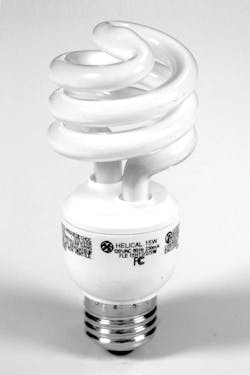EPA Releases Updated Sustainability Plan
As part of President Obama’s Climate Action Plan to cut carbon pollution and lead in clean energy, The U.S. Environmental Protection Agency (EPA) released its 2013 Strategic Sustainability Performance Plan that outlines actions planned over the next year to cut energy use and waste in agency operations. President Obama signed Executive Order 13514 on Federal Leadership in Environmental, Energy and Economic Performance in October 2009, setting aggressive targets for reducing waste and pollution in federal operations by 2020. The EPA's 2013 Sustainability Plan builds on four years of progress under the executive order and provides an overview of how the agency is saving taxpayer dollars, reducing carbon emissions and saving energy.
The 2013 Sustainability Plan will also help guide EPA’s actions to meet the new goal President Obama set with a Presidential Memorandum directing the federal government to consume 20% of its electricity from renewable sources by 2020—more than double the current level. Meeting this renewable energy goal will reduce pollution in communities, promote American energy independence and support homegrown energy produced by American workers.
Since 2009, EPA has:
- Reduced energy use by almost 8%; allowing the EPA to avoid $1.5 million in utility costs annually. Compared to the 2003 baseline, EPA has reduced energy by more than 25%.
- Used renewable energy and purchased Green Power Renewable Energy Credits equal to 100% of its conventional electricity use. Use of Green Power, coupled with energy conservation and fleet management efforts, reduce EPA Scope 1 and 2 Greenhouse Gas emissions by nearly half from FY 2008 levels.
- Reduced annual water use by more than 25%—more than 30 million gal per year.
The 2013 Sustainability Plan outlines actions planned for the upcoming year to continue progress in meeting the President’s goals, including:
- Pursuing reconstruction of key EPA research infrastructure. Projects completed at the Cincinnati, Ohio, A.W. Breidenbach Environmental Research Center—EPA’s second largest research center—have already reduced energy use by more than 30%.
- Consolidating the Research Toxicology Laboratory in Durham, N.C., into the main laboratory at Research Triangle Park, N.C. This project will reduce agency rent costs, cut greenhouse gas emissions and result in a net reduction in EPA space without impacting research capacity.
- Continuing work on EPA’s award winning water conservation program.
Source: EPA


